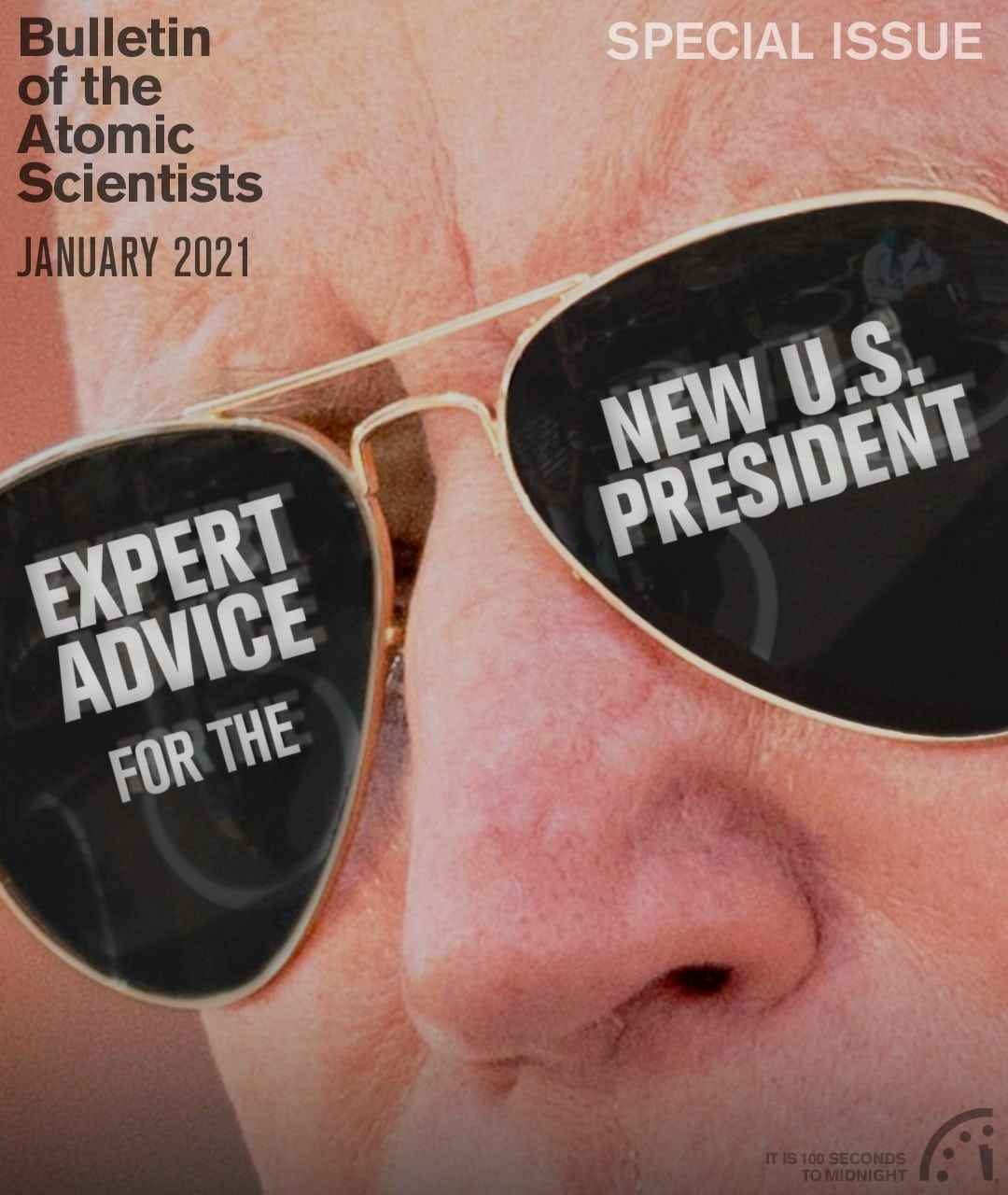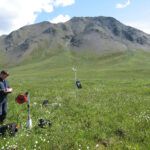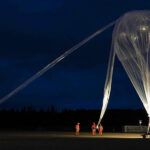Introduction: Advice for a new administration facing difficult times
By John Mecklin | January 12, 2021
Introduction: Advice for a new administration facing difficult times
By John Mecklin | January 12, 2021
In coming months, new US President Joe Biden and his advisers will of necessity focus on the most immediate task at hand—quelling the COVID-19 pandemic and reducing its economic impacts. But they will also have to decide how to pursue, in specifics, the many broad goals President Biden set out in his campaign. As is the case with every new US administration, the president and his appointees will be deluged with policy proposals that deal with programs and projects vast and minuscule and that come from every ideological direction imaginable (except perhaps the purely Trumpist; it is hard to imagine the QAnon, Infowars, and Parler crowds expecting or getting much traction in a Biden administration).
Crafting and implementing detailed policy plans across an organization as large and complex as the US government—while current events, such as the recent and despicable riot in the US Capitol, throw wrenches into those plans on a regular basis—is a challenge probably not diminished by torrents of unfocused outside advice. So for this issue, which publishes just ahead of the Biden inauguration, I asked top experts to offer their pinpoint-focus suggestions to the president at shorter-than-usual, memo-like length. As befits the Bulletin’s remit, the advice deals with the most important issues that America and the world face, the existential threats of nuclear weapons, climate change, and other disruptive technologies:
On nuclear risk
Why Biden should abandon the great power competition narrative, by Sharon Squassoni
An ambitious arms control agenda requires a new organization equal to the task, by James E. Goodby and David A. Koplow
How Biden can say goodbye to “America First” on nuclear issues, by Rupal Mehta
Why Biden should push for ratification of the Comprehensive Test Ban Treaty, by Togzhan Kassenova
Biden should rethink US policy on low-yield nuclear weapons, by David N. Zikusoka
How Biden can advance nuclear arms control and stability with Russia and China, by Pranay Vaddi
On climate change
Okay, he’s finally in the Oval Office. But what should Joe Biden do first on climate? by Bill McKibben
The president needs to hit the ground running on climate, by Michael Mann
Water recommendations for the new administration, by Peter H. Gleick
To build climate progress on time scales that matter, Biden should be Biden, by Andrew Revkin
Climate change should be recognized for what it is: an issue of national security, by Rod Schoonover
On disruptive technologies
How Joe Biden can use confidence-building measures for military uses of AI, by Michael C. Horowitz
Dear President Biden: You should save, not revoke, Section 230, by Eric Goldman
How can the Biden administration reduce scientific disinformation? Slow the high-pressure pace of scientific publishing, by Matt Field
Memo to the president: Reimagining public health preparedness and response, by Daniel M. Gerstein
What Joe Biden can do to reduce racial health disparities: A conversation with Juliette Blount, by Matt Field
I hope their brevity and focus will make at least some of these pieces helpful to the president and his advisers, who have so much to do and undo, as the nation attempts to right itself after a period of discord, pestilence, inept leadership, and mass death.
Together, we make the world safer.
The Bulletin elevates expert voices above the noise. But as an independent nonprofit organization, our operations depend on the support of readers like you. Help us continue to deliver quality journalism that holds leaders accountable. Your support of our work at any level is important. In return, we promise our coverage will be understandable, influential, vigilant, solution-oriented, and fair-minded. Together we can make a difference.
Keywords: Joe Biden, expert advice, presidential advice
Topics: Climate Change, Disruptive Technologies, Nuclear Risk





















